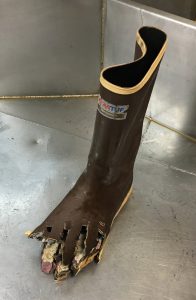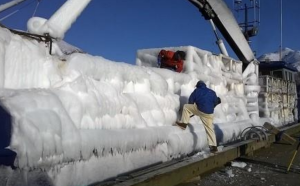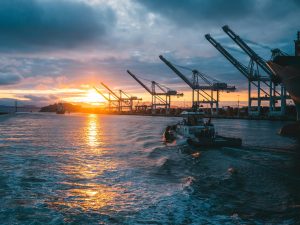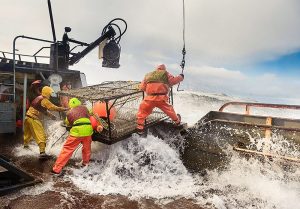What Are My Rights as an Injured Commercial Fisherman?
 If you were hurt while working on a commercial fishing boat, you might have questions about your legal rights and protections. Unlike most land-based workers, commercial fishermen typically cannot access state workers’ compensation benefits. Instead, your rights fall under Federal Maritime Law and the Jones Act, legal frameworks specifically designed to protect maritime workers.
If you were hurt while working on a commercial fishing boat, you might have questions about your legal rights and protections. Unlike most land-based workers, commercial fishermen typically cannot access state workers’ compensation benefits. Instead, your rights fall under Federal Maritime Law and the Jones Act, legal frameworks specifically designed to protect maritime workers.
What Makes Federal Maritime Law Different?
Federal Maritime Law shares some similarities with traditional workers’ compensation systems, but it offers several distinct advantages for injured workers. When a commercial fisherman suffers an injury due to negligence or an unseaworthy vessel, they have legal recourse through both the Jones Act and General Maritime Law.
 Maritime Injury Law Blog
Maritime Injury Law Blog










